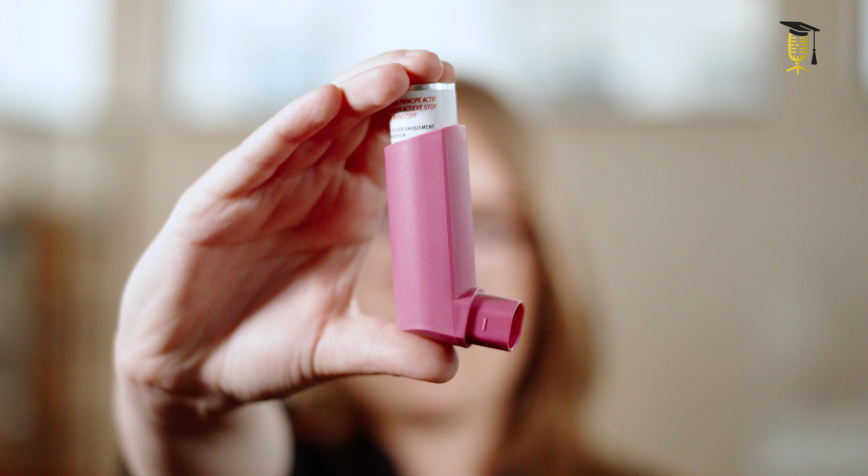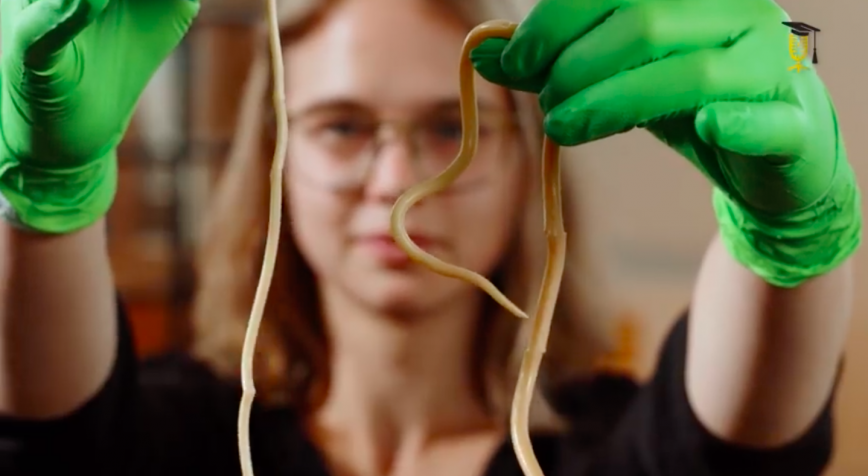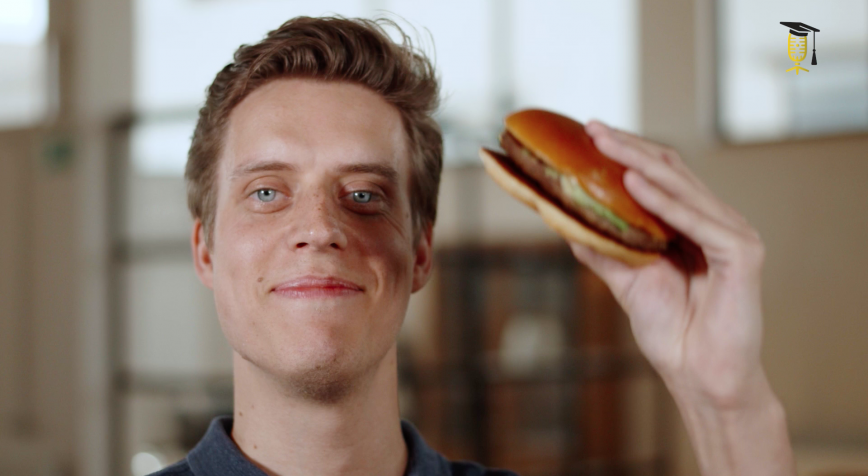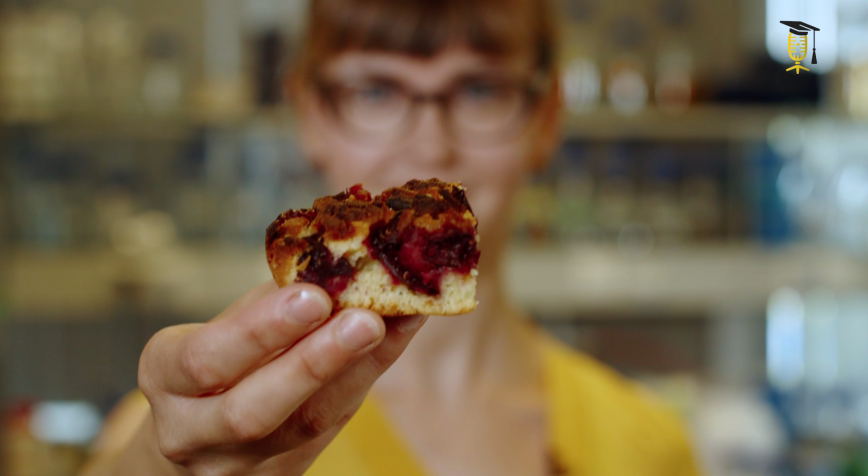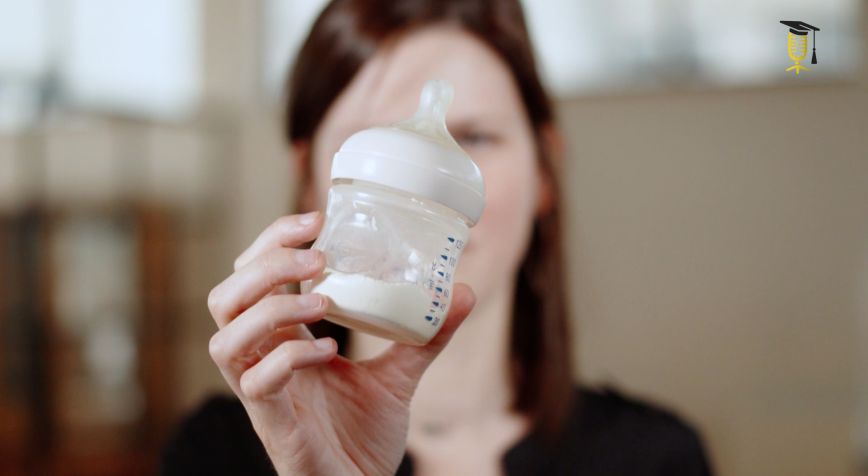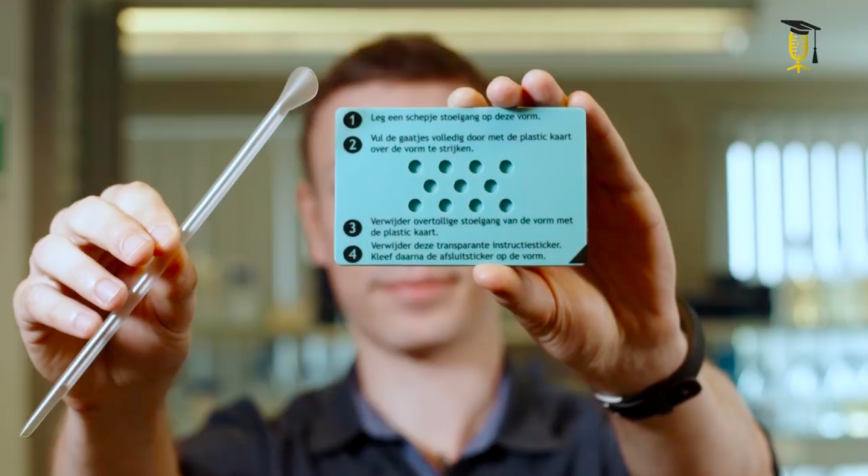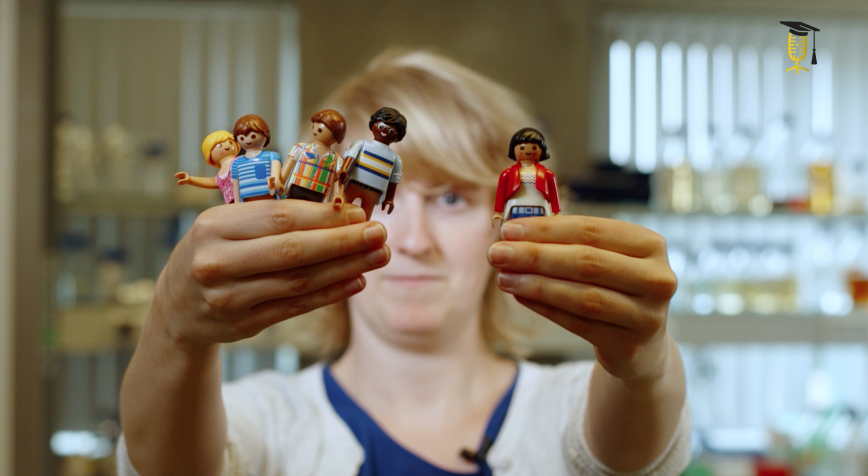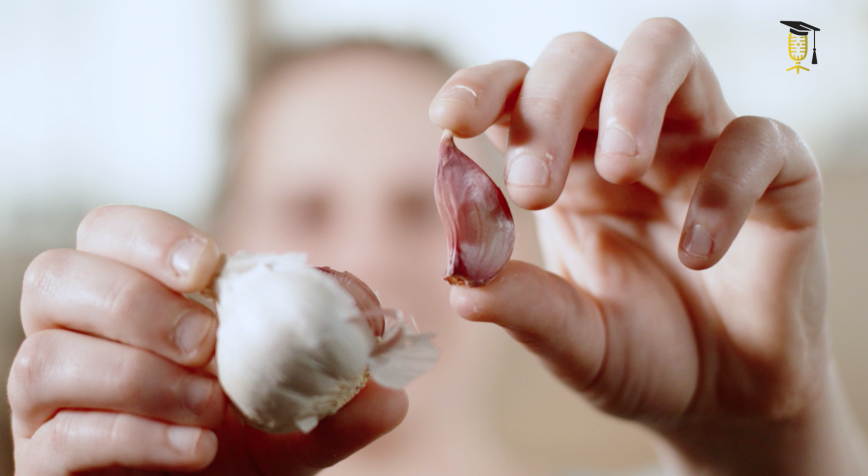
UGent
How reliable is dr. Google?
We used to go to the doctor when feeling ill. Now we all first pay a visit to Doctor Google. But how reliable is online health information? Joyce Stroobant (University of Ghent) has three tips for you to assess the trustworthiness of online health info.

